Reps Summon FIRS Over $30b Revenue Leakages
The House of Representatives Committees on Finance and Banking and Currency have summoned the Federal Inland Revenue Service (FIRS) to appear before them next Monday as investigation continues into $30 billion annual revenue leakages from 2004 to 2019.
The leakages allegedly arose from payments on account of foreign currency denominated contracts by companies in engineering, procurement, construction, installation, marine transportation, and likewise foreign exchange allocation to companies from sources such as the Central Bank of Nigeria, autonomous inter-bank domiciliary and over the counter purchases for the importation, payments of foreign service vendors, dividend repatriation foreign loan/interest payments.
Chairman Finance, James Abiodun Faleke and Chairman Banking& Currency, Victor Nwokolo, were worried that the value of the naira to the dollar was dropping drastically, with dire consequences for the Nigerian people, despite the enormous inflows of capital importation and foreign direct investment over the years, which were expected to translate into revenue generation for the Nigerian government and stabilising the exchange rate.
“Hence, a question we would like to pose to the stakeholders today is, why are the skyrocketing amounts of foreign direct investments and capital importations not being reflected in the economic progress of the country? Therefore, it is for this reason that the House of Representatives through its Joint Committees of Finance, and Banking and Currency launched the investigation.
Read Also: EFCC, ICPC get 14 days ultimatum to probe A’Ibom govt over council funds
“The necessity and commencement of this investigation was as a result of growing problems in the financial management of all the God-given resources in our country, Nigeria, from our vast natural resources to the value added by these resources in the form of foreign exchange earnings and revenue generation etc. into these investment environment and opportunities.
“Thus, this committee deemed it imperative to investigate revenue leakages and loopholes in the system that have contributed to a loss of over $30 billion dollars in annual federation tax revenue between 2005 and 2019,” they said in a joint statement.
They said the investigation was premised on the documents received from target agencies and companies in banking, oil exploration, engineering, procurement, construction, installation, marine transportation, manufacturing and telecommunications upon which the Committee -noted significant foreign exchange and revenue shortfall infractions against the Federal Republic of Nigeria by these stakeholders.
“This places an imperative need to put an end to, or at best, minimise all attributable infractions that have been instruments in the hands of some stakeholders in bringing economic woes to this country and her people.
“During our documentation compilation and a further look at the economic woes caused the country by some companies, the Committee has noted the following major infractions which have multiplier effects on other infractions:
“Liftings of some crude oil and gas by oil exploration companies that were not wholly and legally allocated to the Consignors in JV, PSC and PSA exploration activities including those whose crude oil Certificates of Quantity were not signed by the Department of Petroleum Resources and terminal operators.
“Concealment and non-disclosure of some crude oil liftings that ought to have been subjected to Petroleum Profit Taxation at PPT rates ranging between 50% of profit for PSC and PSA companies, and 85 per cent of profit for JV companies.
“Inflow of foreign investments in the form of equity, foreign cash loans, equipment loans whose utilizations are majorly subject to tax, end up in transactions, foreign transfers that were at variance with the purpose of such inflows.
“Overnight and fictitious disappearance of Naira proceeds of foreign inflows from the bank accounts of Nigerian beneficiaries, and subsequent allocations of foreign exchange by CBN for capital repatriations, principal loan repayments and interest payments.
“Multiple foreign exchange allocations to holders of foreign inflow certificates of capital importation (CCI) over and above the amount brought into the country, leading to capital flight of the country’s much needed and scarce foreign exchange.
“Loan backed certificates of capital importations without evidence of transfer to the foreign lenders in the form of principal repayment and interest payments. Some expected imports that were funded by foreign equipment loans and other direct allocations of foreign exchange for foreign exchange valid transactions were neither translated to imports nor their import duties paid to the Nigerian Customs Service.
“Capital Flight using the FORM ‘M’ valid for forex and forex obtained by the beneficiary companies without utilization of the Forex to reflate the economy and taxes paid. Export proceeds for both Oil and other commodities repatriation by exporters meant to reflate the economy which were diverted by selling directly to other customers without corresponding taxes paid
“The committee shall extensively review all of the above infractions among others, to ensure that all federally collectible revenues are not only identified and recovered, but also to sanction companies involved in the other non-civil infractions in order to serve as a deterrent to potential classmates of the affected companies.
“These measures shall in the foreseeable future, lead to plugging all revenue loopholes, toward saving the country from recurring upsurges in foreign exchange rates,” they said.
Representatives of Citibank and Fidelity Bank, Mrs Ngozi Omoke and Hassan Imam, were grilled on several alleged infractions running into billions of dollars.
The committee chairmen, who did seem satisfied with the presentation adjourned till next Monday July 5, 2021 to make proper presentations to explain the infractions.
The Nation.

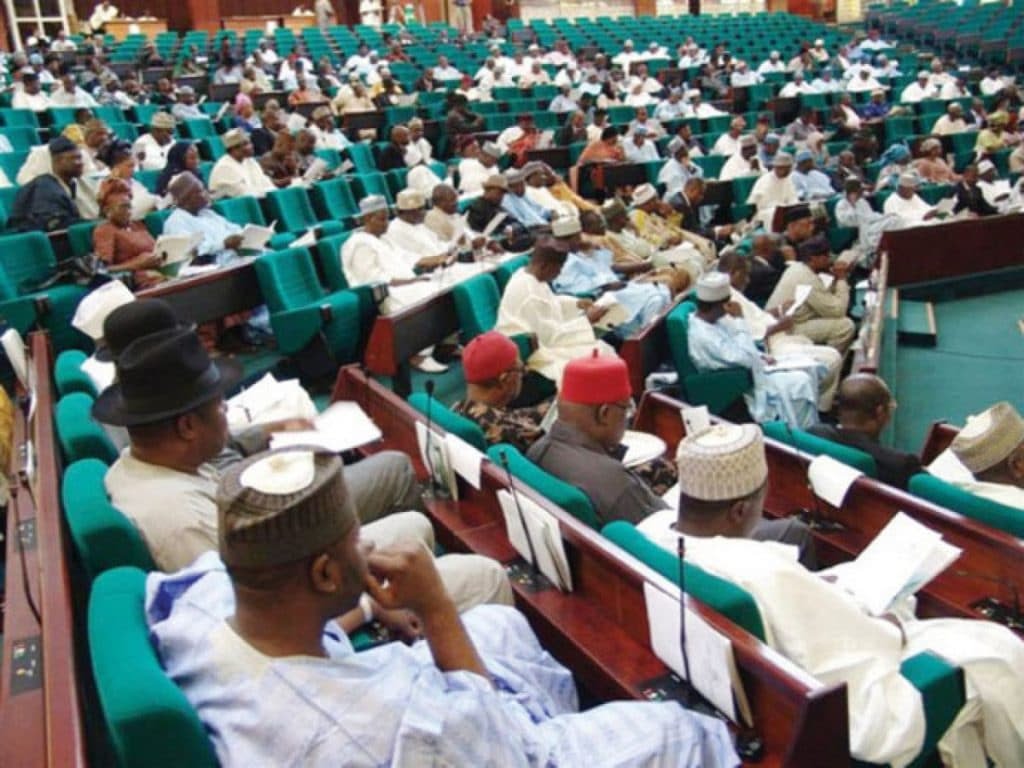

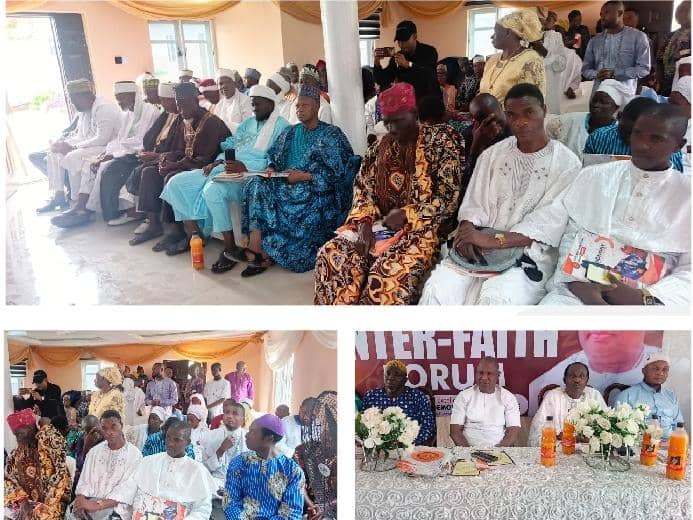
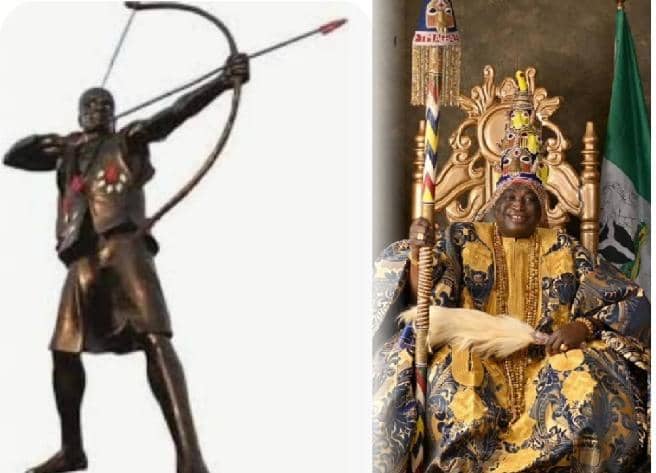

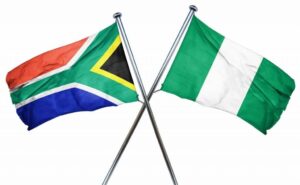






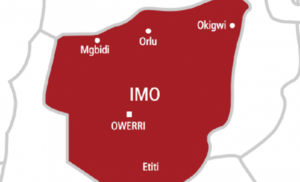

Post Comment